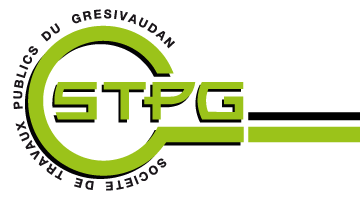Agile coaching is a popular approach to handling projects that require flexibility and adaptability. Agile coaches work with teams to help them implement agile methodologies, overcome challenges, and achieve their goals. However, before starting an agile coaching engagement, it is essential to establish clear agreements and expectations between the coach and the team.
Agile coaching agreements are essential for ensuring that everyone is on the same page and understands their roles and responsibilities. These agreements can be in the form of a contract, a statement of work, or a set of guiding principles. Whatever the format, an agile coaching agreement should cover the following key areas:
1. Scope of work: The agreement should clearly define what the agile coach will be doing, including the timeframe, deliverables, and anticipated outcomes. This helps to ensure that both the coach and the team are working towards the same goals.
2. Roles and responsibilities: The agreement should clearly outline the roles and responsibilities of the coach and the team. It should specify who will be responsible for what tasks, who will make decisions, and who will be accountable for the outcome.
3. Communication: Clear communication is essential for a successful agile coaching engagement. The agreement should outline how and when the coach and the team will communicate, including the frequency of meetings and the channels of communication.
4. Confidentiality: The agreement should include a confidentiality clause that outlines what information is confidential and how it will be protected. This is particularly important when working with proprietary information or sensitive data.
5. Changes and termination: The agreement should outline the process for making changes to the scope of work or terminating the engagement. This helps to ensure that both parties are aware of what will happen if there are any issues or changes to the project.
Agile coaching agreements are critical for ensuring that everyone is on the same page and working towards the same goals. They help to establish clear expectations, define roles and responsibilities, and provide a framework for communication and collaboration. By creating a solid foundation for the coaching engagement, the coach and the team can work together to achieve their goals in an efficient and effective manner.
